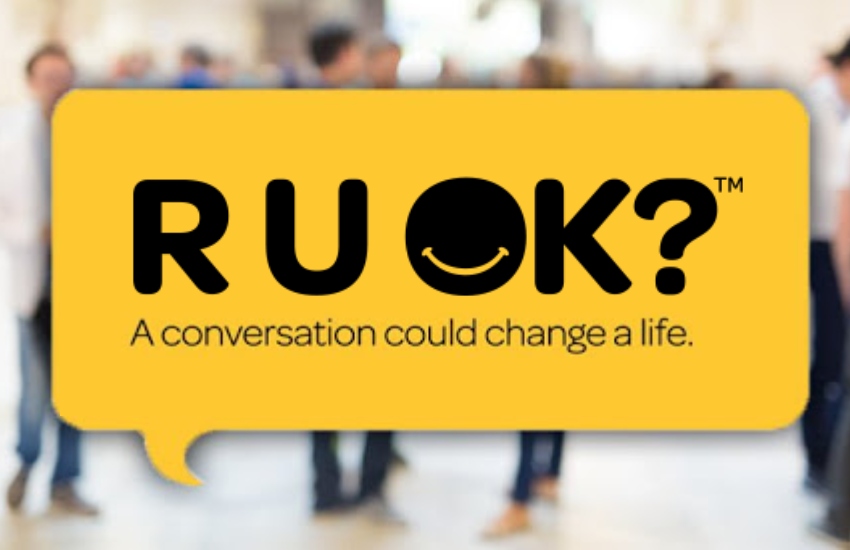R U OK? Day is part of a broader campaign run by the eponymous charity, aimed at tackling the issue of suicide, with the belief that meaningful conversations can help people struggling with life.
Speaking to Accountants Daily, CPA Australia head of policy Paul Drum said that accountants were well placed to spark such conversations with clients given their frontline role.
You’re out of free articles for this month
“In many cases, because of the often strong relationships developed between the professional accountant and their client over many years, and as they will often have a clear view a person’s financial position, accountants may be the first to notice unusual transactions or other changes that could infer difficulties in a client’s life,” Mr Drum said.
“And because accountants so often meet their clients face to face, they are in a good position to ask the question, R U OK?”
Likewise, the Institute of Public Accountants chief executive, Andrew Conway, said that the industry should be equipped as “mental health first aiders”.
“We must always remember that, in many cases, the accountant may be the first port of call for clients under pressure,” said Mr Conway.
“Every day public accountants see the very real pressures faced by small business owners and clients. All too often these pressures manifest in anxiety, stress and depression. Our task is to look for signs of stress and encourage clients to seek assistance.”
Chartered Accountants Australia New Zealand (CA ANZ) president Jane Stanton said that the association was proud to support R U OK? Day, noting her own struggles with chronic depression and anxiety.
Ms Stanton said that while accountants were vital in identifying difficulties in a client’s life, they should also pay heed to their own personal circumstances.
“Chartered accountants often have enormous pressures placed upon them, with stressful jobs and large workloads,” Ms Stanton said.
“There is still a large stigma associated with mental health, with our profession facing too many incidences of mental illness, both as practitioners and also in dealing with clients who may also be affected.
“We are a profession, but most importantly, we are a community. By making a connection, and starting a conversation about changes you may have noticed, you could help that family member, friend or workmate open up.”
This email address is being protected from spambots. You need JavaScript enabled to view it.
Jotham Lian
AUTHOR
Jotham Lian is the editor of Accountants Daily, the leading source of breaking news, analysis and insight for Australian accounting professionals.
Before joining the team in 2017, Jotham wrote for a range of national mastheads including the Sydney Morning Herald, and Channel NewsAsia.
You can email Jotham at: This email address is being protected from spambots. You need JavaScript enabled to view it.

 Login
Login







